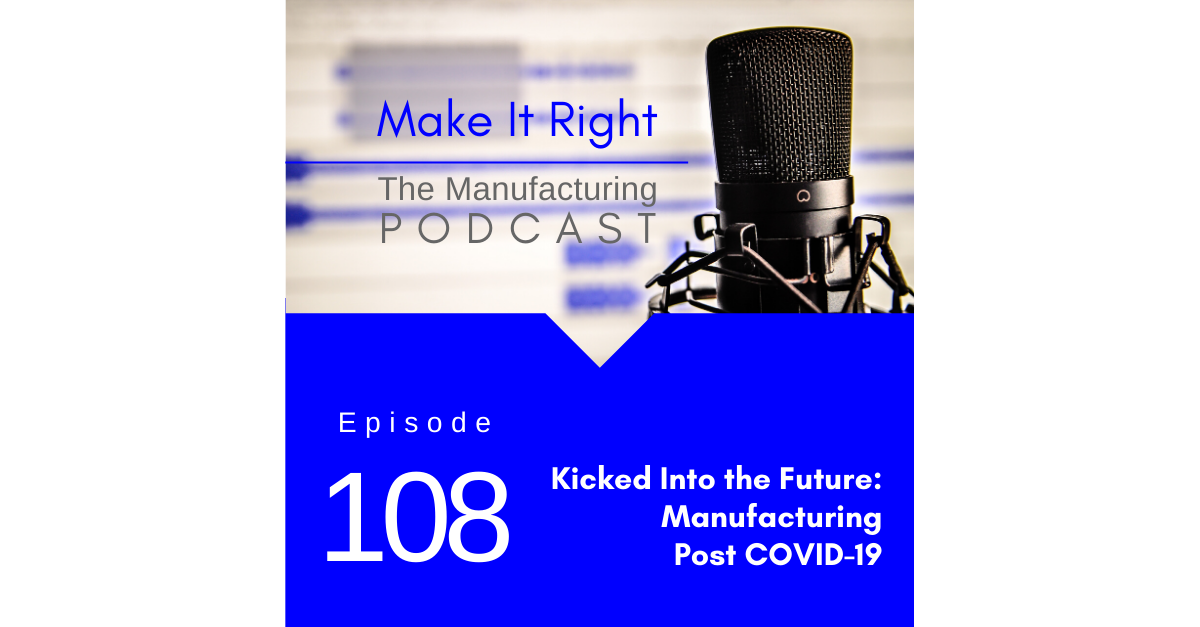Episode Transcript
Speaker 0 00:01 Coming up this week, I'll make it right. How to tame the manufacturing piece with my guests. Peter, given
Speaker 1 00:09 there's a lot of entropy in a factory, a lot of eh, eh, a lot of things happening, whether it's, you know, the specs of raw materials, the vagaries of human beings, the, you know, machines that work that don't work. Uh, there's a lot of things conspiring, uh, to make it feel like a overly complicated beast as our team. Uh, the joy comes from taming it right from taming that, uh, disorder. And, you know, there's a few things. It's, you know, we've got to learn to hit schedule, right? So we've got to be predictable and reliable. Uh, to do that you have to have processes that are right first time. So we have to use, you know, ingenuity and science and technology to improve processes, to avoid, uh, uh, defects and make sure we have right first time at much higher level. We've got to create standard work.
Speaker 1 00:58 You know that we have a way of working and we all do things the same way and until we find a better way, and that's where continuous improvement comes in. That until we improve something we should all do at the same way. Standard work is the, the Japanese would would typically call it Toyota would call it a and then when we find a better way, we all adopt it. So, you know, you want to pick, uh, a few key areas, uh, that get in the way of doing those things and attack them one by one. Uh, and when you do that, you have plant becomes, if you solve problems and as you solve problems, you master how to make a product, how to run a line, how to manage people more effectively and other people, and I'm a bit of an idealist, Janet when it comes to manufacturing, but I've seen it work, right? Manufacturing to me as a whole application of human ingenuity and science and engineering. And you know, if, when you view it like that and keep driving to make this machine, let's call it this machine, this factory is a machine. If I can learn to run that machine better than anybody else, I will make more money than them. I will have a more successful company. I'll have a better workforce. And it's based on knowledge. You know, it's based on knowing how to do this better than other people
Speaker 0 02:08 this week on makeup, right? Peter givens. We'll share stories from 40 years of pursuing manufacturing excellence.


